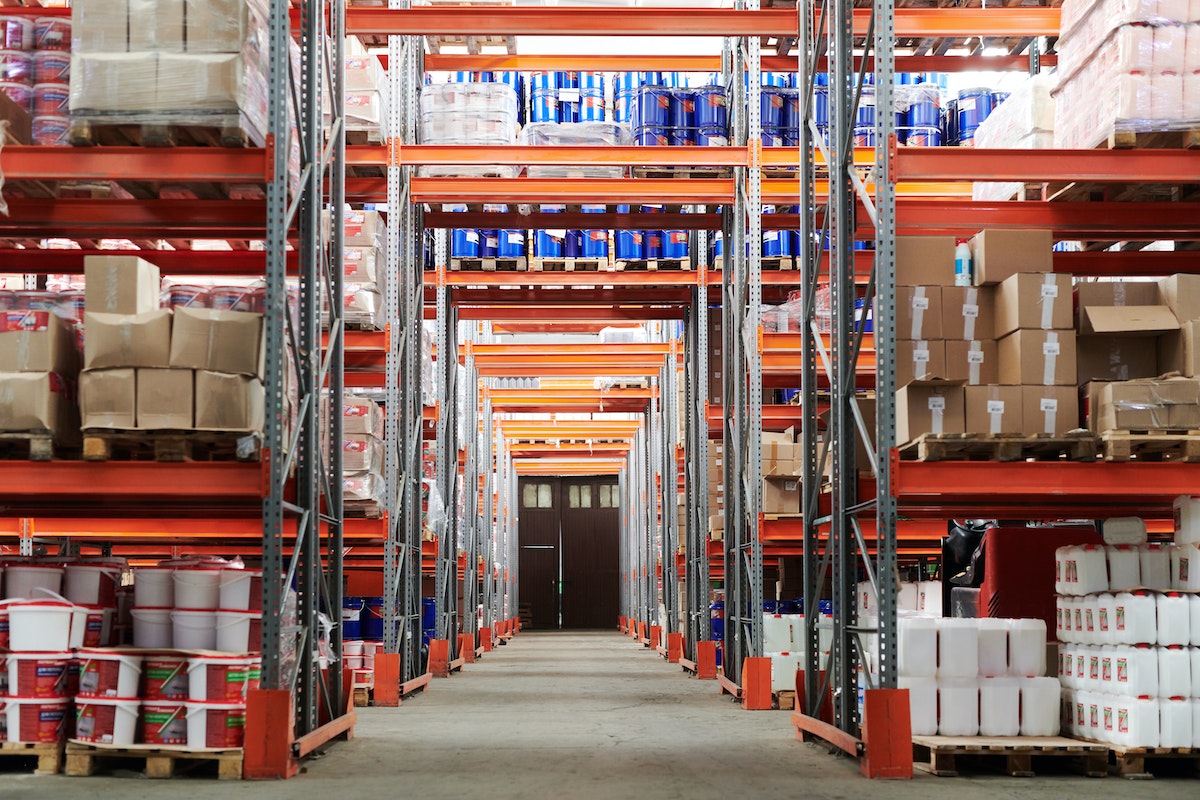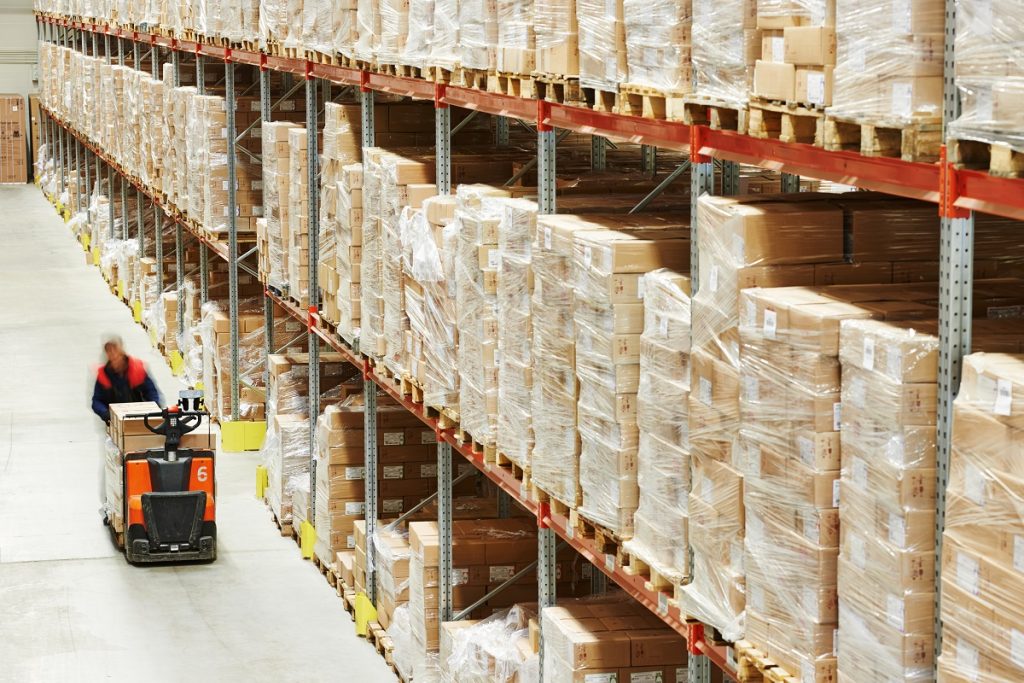- The rise of technology in Singapore’s logistics industry improves efficiency and reduces operational costs.
- Automated systems, robots, and modern equipment enhance warehouse operations and order fulfillment.
- GPS tracking, route optimization, and big data analytics provide real-time updates and valuable insights for logistics optimization.
- Blockchain technology ensures a secure, transparent, and efficient supply chain, increasing trust among all parties involved.
- Mobile apps improve customer engagement and streamline operations for timely and efficient deliveries.
Singapore’s logistics industry has been rapidly evolving over the past few years. With the rise of e-commerce and the increasing desire for faster delivery times, there is a growing need for logistics companies to adapt and modernize their operations to stay competitive.
Fortunately, technology has significantly transformed the logistics industry and provided companies with the tools necessary to gain a competitive advantage. This blog post will explore how logistics companies in Singapore can use technology to gain a competitive advantage.

Automated Warehouse Management Systems
One of the key areas where technology can help logistics companies is automating their warehouse management systems. By using automated systems, companies can reduce the need for manual labor, which can significantly decrease operational costs and improve efficiency. Warehouse automation technology can also help to reduce errors and improve accuracy in order fulfillment, leading to happier customers and more repeat business.
Invest in Modern Equipment
In addition to automated warehouse management systems, logistics companies can invest in modern equipment such as robotics. Robots can help with tasks like picking and packing, greatly speeding up the fulfillment process and reducing human error.
Furthermore, these machines are becoming more affordable and accessible for small and medium-sized businesses, allowing them to compete with larger players in the industry. You should consider acquiring reliable modern forklifts in Singapore to enhance productivity. Modern forklifts are equipped with advanced features such as telematics, which provide real-time performance data and help optimize warehouse operations.
GPS Tracking and Route Optimization
Another area where technology can be used to improve logistics operations is through GPS tracking and route optimization. Using GPS tracking tools, logistics companies can accurately track shipments in real-time, providing customers with up-to-date information on their order’s location and estimated delivery time.
Route Optimization
Route optimization software can also help logistics companies plan the most efficient delivery routes, cutting down on time and fuel costs and reducing emissions, making for a more sustainable business model. With the rise of electric and hybrid vehicles, logistics companies can further reduce their carbon footprint by incorporating these eco-friendly options into their fleets.
Big Data Analytics
Big data analytics is another area where technology can be used to gain a competitive advantage in the logistics industry. By analyzing large volumes of data collected across the supply chain, logistics companies can gain valuable insights that can help them forecast demand, optimize inventory levels, and improve overall efficiency.
Personalized Services
By understanding customer behavior patterns and analyzing their preferences, companies can also provide personalized services that cater to their needs, increasing customer loyalty and repeat business. For example, if a customer consistently orders products from the same category or brand, the company can use this data to tailor their offerings and promotions to match their interests.
Mobile Apps
Mobile apps are another essential technology that can help logistics companies stay competitive. With more customers using mobile devices to place orders and track shipments, logistics companies can improve customer engagement by providing mobile apps that allow customers to track their orders, receive push notifications, and contact customer service when needed.
Streamline Operations
Mobile apps can also help logistics companies streamline their operations by giving drivers real-time updates on route changes, traffic conditions, and weather updates that may impact delivery times. This can help ensure timely and efficient deliveries, leading to happier customers and improved customer satisfaction.

Blockchain Technology
Blockchain technology is another innovative tool that logistics companies can use to gain a competitive advantage. Logistics companies can create a more reliable and efficient supply chain network by leveraging blockchain technology’s transparent, secure, and decentralized nature. Blockchain can help to reduce fraud, increase transparency, and improve traceability across the supply chain, leading to increased trust and reduced risk for all parties involved.
Supply Chain Optimization
Blockchain technology can also help optimize the supply chain by providing real-time visibility into inventory levels, shipment status, and other key data points. This can reduce delays and inefficiencies in the supply chain, helping to improve overall operational efficiency.
Technology has been a game-changer for the logistics industry in Singapore. By adopting innovative solutions, logistics companies can become more efficient, improve their services, and stay competitive in an increasingly dynamic market. From warehouse management systems to mobile apps and big data analytics, logistics companies can gain a clear competitive advantage by using these emerging technologies. Doing so can make their processes more efficient, satisfy customer demand, and create a more sustainable business model. If you run a logistics company in Singapore, it’s time to embrace technology and explore its potential to take your business to the next level.

